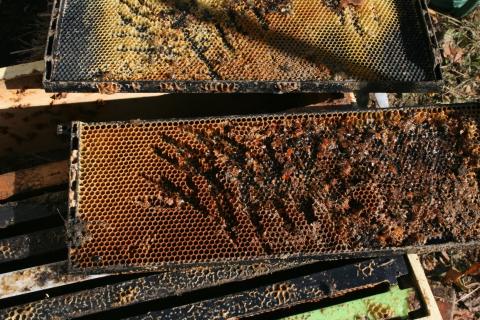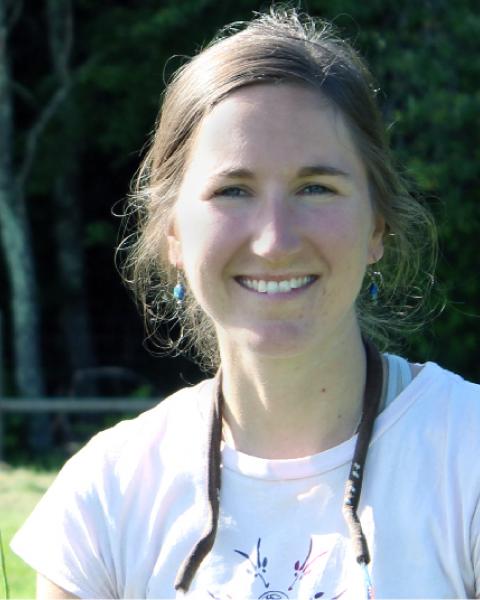NH Healthy Hives Project

Join the growing network of citizen scientists and beekeepers who are working together to study honey bee health in New Hampshire. This program combines a series of resources you can use to care for your hives, collect important data, and contribute to the large-scale understanding of honey health in our area. The Varroa mite, Nosema infection, and high annual losses of honeybee hives are a growing problem in New Hampshire. NH Healthy Hives program is a new initiative to promote healthy hive management. The theme for April 2019-Mar 2020 is Varroa Mite testing in order to help beekeepers (whether they treat or not) become more aware of their varroa situation. The New Hampshire Beekeepers Association and UNH Extension is sponsoring three citizen science projects in 2019 for NH Beekeepers in hopes of better understanding why our NH winter hive loss is so high. Here's how you can participate:
- DeadOut Autopsy – A key component to understanding our hive loss is so high is to start collecting the observations people are making when they autopsy their deadouts. We have put together a hive side checklist to record what you see as you go through the dead hive. You can submit these observations online, via email or US mail. The checklist, FAQs, and how to submit observations can be found at: https://www.nh-honeybee-health.com/deadout-autopsy
- NH Healthy Hives – This is a new multi-year initiative to promote healthy hive management. Each year there will be a specific management theme to focus on. The theme for April 2019- March 2020 is “Varroa Mite Testing”.
- The goal is to get more beekeepers (whether they treat or not) to do testing and make them more aware of their varroa situation.
- We ask participants to a monthly mite checks (either alcohol wash or sugar roll) of their hives and record the counts on a tracking spreadsheet. This spreadsheet also allows recording of other information such as Nosema counts (why not have a spore count done if you did an alcohol wash!), if you treated, if the hive swarmed, and more.
- The data that is collected can be submitted on line, email or via US mail at intervals that are convenient to the participant.
- Early volunteers will have the opportunity to receive a free Varroa Easy Check Kit complements of NHBA.
- More information about this program, the tracking spreadsheet, instructional videos, and more can be found at: https://www.nh-honeybee-health.com/mite-testing
- 2018-19 Winter Loss Survey – Once again we will be collecting data on this year’s losses and comparing it to previous years. The survey will be open from approximately April 1àApril 30. Analysis of this year’s data will be available in June. An email will be sent out when the survey is open for business.
If you have any questions or suggestions, contact: heather.nhba@gmail.com or Olivia.Saunders@unh.edu
